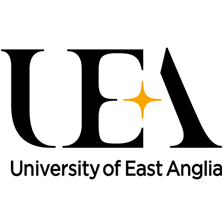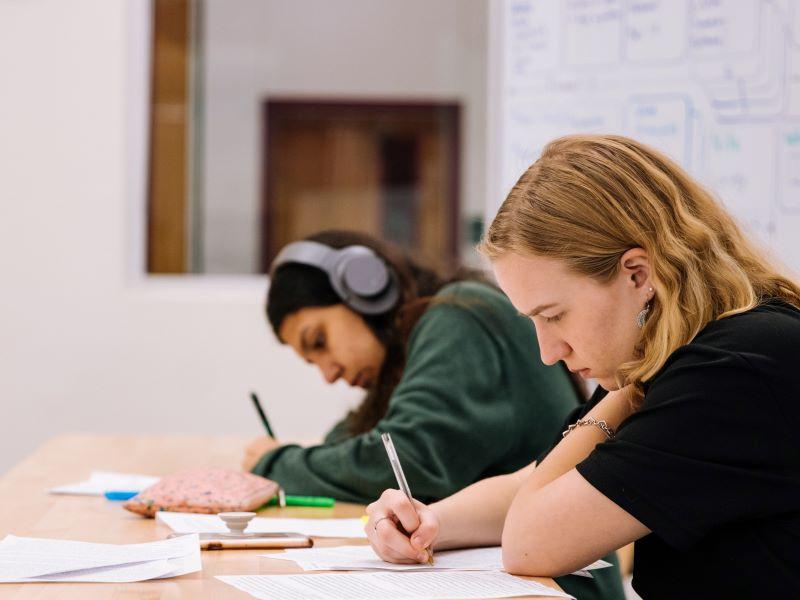
Students need a balanced diet of assessment practices
We propose evaluating our assessments and incorporating innovative elements to better emulate real-world tasks in terms of both the process and product of assessment, write David Tree, Stephanie Baines, Pauldy Otermans, Nicholas Worsfold and Emily Hobson
Traditional assessments focus on rote memorisation and regurgitation of facts. Assessments such as multiple-choice quizzes (MCQs) or standard essays are often thought to lack relevance and the ability to capture the complexities and associated intrinsic motivation stimulated by real-world challenges. Their dryness contributes to students viewing them as arbitrary hurdles to clear rather than as opportunities for learning.
Using authentic assessments as a recipe for engagement
Authentic assessments bridge the gap between academic learning and its application by mirroring tasks found in professional practice, requiring the demonstration of knowledge and skills in a relevant context. They foster engagement and motivation as students see the relevance of their learning to their careers and personal aspirations.
Traditional v authentic assessment isn’t fast food v salad
Discussions about assessments often focus on authenticity versus inauthenticity, but we think this is a false dichotomy. Most assessments fall somewhere in between; they are rarely entirely one or the other. "Inauthentic” MCQs and essays require some evaluative judgement as well as factual recall while even the most “authentic” assessment has inauthentic elements. Indeed, we often need elements of inauthenticity, especially at early levels of study, to avoid overwhelming students with the uncertainty of new tasks.
A balanced approach
Thinking about assessments on a gradient of authenticity allows a more balanced view of the appropriateness of different assessment practices. Just as a balanced diet promotes overall health and well-being, a mixed approach to assessment incorporating a variety of assessments with different types of authenticity along with more traditional methods may be optimal for ensuring a wide array of learning outcomes.
Finding the right mix of ingredients
We suggest assessments lie along a continuum, with varying degrees of (in)authenticity influenced by a complex interplay of factors. To systematise our thinking, we divide authenticity into two dimensions: product (the outcome or artefact) and process (the task, including its context), as illustrated in Figure 1. Both can vary in the level of fidelity to tasks students will do in their post-graduation careers. Below we give examples of how some familiar assessments can be made more authentic in both these dimensions, understanding we must balance practical considerations and educational goals.

Figure 1: An illustrative example of how assessments might look mapped with our tool in the dimensions of product and process. Numbers represent average score, higher numbers indicate higher authenticity. Stars represent assessments with more or less authenticity.
Adding superfood ingredients to a classic dish
Reimagining exams: traditional exams are inauthentic in process. In post-graduation life, it’s unlikely anyone will perform a task sitting at a small square desk with hundreds of workmates in silence without access to resources. However, they will have to work under pressure to tight deadlines. An MCQ primarily testing factual recall is inauthentic in product and process, though it does conveniently assess knowledge and is practical for assessing large cohorts. An invigilated exam where students need to analyse biomechanical data to give a diagnosis in medical notation under realistic time constraints is authentic in product and in process with regard to time constraints but not the physical context. An exam which, rather than being taken in invigilated conditions, is taken over eight hours and involves developing an action plan for how a local flooding event may affect specific local ecosystems, with students having access to resources and their “boss” being authentic in terms of both product and process (see Figure 2).

Figure 2: An illustration of how exam assessments can increase authenticity of product and process.
Upgrading written coursework: written coursework assessments can vary in authenticity depending on design, context, level of critical thinking and the extent to which they mimic post-graduation challenges. Essays on theoretical or abstract topics solely focused on the reproduction of knowledge, with little connection to the application of the knowledge, are not authentic in either process or product. When written coursework is altered to require engagement with real-world issues or incorporates practical applications of theoretical concepts with critical analysis, authenticity of the product but not process increases.
- Resource collection: The great assessment rethink
- Four directions for assessment redesign in the age of generative AI
- Assessment design that supports authentic learning (and discourages cheating)
Enriching the process through teamwork (adding a garnish)
To enhance the authenticity of the process of written coursework, aspects of the timing of the work could be altered or teamwork integrated into the process. Working in teams defined by their “employer” to produce a report under realistic time constraints would be authentic in process and product. If the “boss” in this scenario changed their mind on the nature of the project outcomes halfway through the process, this would be very authentic! Following collaborative research, peer discussions and report writing, students could be required to reflect on their collaborative experiences. Reflection introduces metacognition, another important aspect of authentic assessment that can be integrated through reflective journals, self-assessment and peer feedback, allowing the documentation of and reflection on the learning process (see Figure 3).

Figure 3: An illustration of how coursework can be tweaked in process and product to enhance authenticity.
Diversifying communication skills: a balanced plate
To develop communication skills beyond writing, assessments can incorporate non-written methods such as:
- Oral communication through presentations, debates and interviews
- Digital communication via emails, social media posts and digital presentations
- Visual communication with infographics and posters.
These methods are authentic in product, while the process authenticity can be improved by including collaborative communication through group projects and workshops and interpersonal communication via role-playing, simulations and networking events.
Nuanced authenticity: a spectrum of healthy choices
By considering the authenticity of assessments as a gradient of both process and product, we add nuance and sophistication to what is often an either/or discussion. We propose evaluating our assessments and incorporating innovative elements to better emulate real-world tasks in terms of both the process and product of assessment. Viewing authenticity as a spectrum on both these dimensions allows educators to refine existing assessments, enhancing the tasks students undertake and the context in which they complete them.
David Tree, Stephanie Baines, Pauldy Otermans and Nicholas Worsfold work at Brunel University; Emily Hobson works at the University of East Anglia.
If you would like advice and insight from academics and university staff delivered direct to your inbox each week, sign up for the Campus newsletter.



